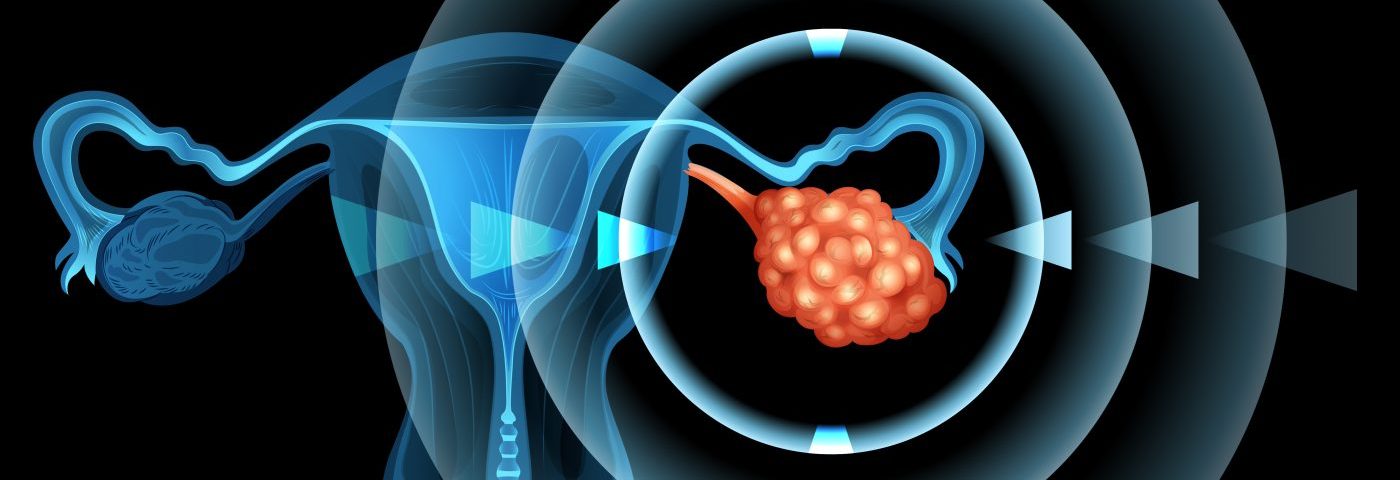Changes in the unfolded protein response, a key pathway activated in response to a specific stress, may be behind the progression of endometriosis into ovarian cancer, a small study suggests.
The study, “Unfolded protein response, a link between endometrioid ovarian carcinoma and endometriosis: A pilot study,” was published in the journal Oncology Letters.
Cells are composed of many intracellular structures called organelles, which have key functions for cell survival. One of these organelles is the endoplasmic reticulum (ER), and previous studies found that a disturbance of the ER’s balance (homeostasis) activates a specific pathway to re-establish that balance. This loss of homeostasis is called ER stress, and the pathway activated is called an unfolded protein response (UPR).
Recent studies have suggested that the activation of UPR may help cancer cells to survive.
Endometriosis patients have an increased risk of ovarian cancer, but how this malignant transformation occurs is not yet known.
To take a closer look at this, researchers in this study evaluated whether UPR activation was a potential player in endometrioid ovarian carcinoma.
They measured the expression of key components of the UPR pathway — the ATF6, GRP78, CHOP, and XBP1 genes — in tissue samples from women diagnosed with endometrioid ovarian cancer, and from women with ovarian cysts due to endometriosis and healthy controls. Researchers also analyzed the genes’ expression in healthy ovaries and eutopic and healthy endometrial tissues.
Results showed that the expression of the ATF6 and GRP78 genes was significantly higher in endometrioid ovarian carcinoma, while the expression of CHOP and XBP1 was lower than in healthy ovaries.
Expression of the XBP1 gene was increased in healthy endometrial tissues, and its expression gradually decreased in endometriosis cysts and endometrioid ovarian carcinoma.
While the role of XBP1 in cancer remains poorly understood, some studies have reported a cancer-suppressive action, which seems to be in line with these results.
“These results support the hypothesis that alterations in the UPR genes CHOP and XBP1 are involved in the neoplastic progression of endometrioid ovarian cancer and are acquired following ovarian localization of ectopic [abnormal] endometrial cells,” the researchers wrote.
While preliminary, these findings support future studies “to confirm the obtained results and achieve a better understanding of the pathogenesis of endometriosis cysts and endometrioid ovarian carcinoma,” the study concluded.

